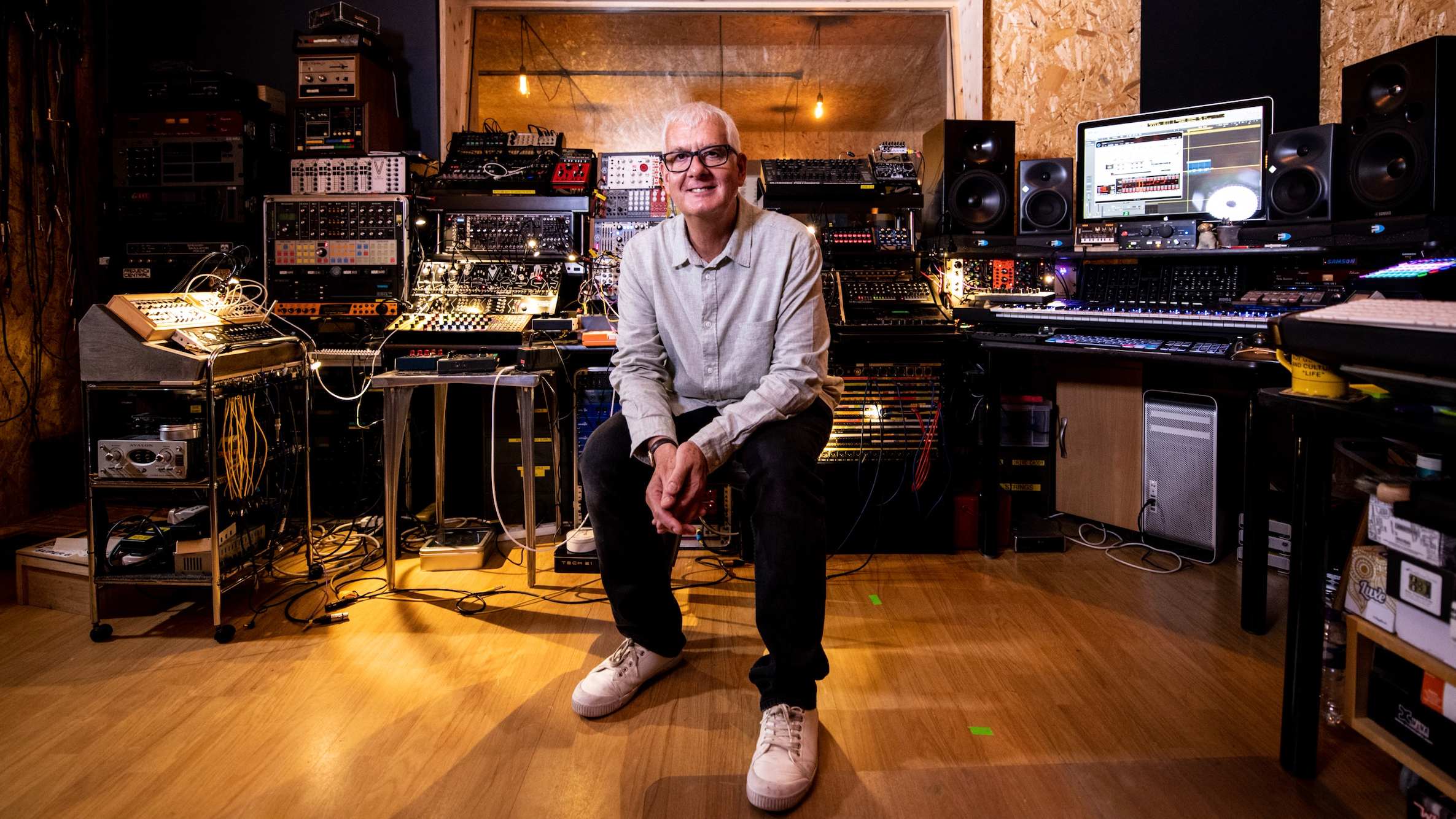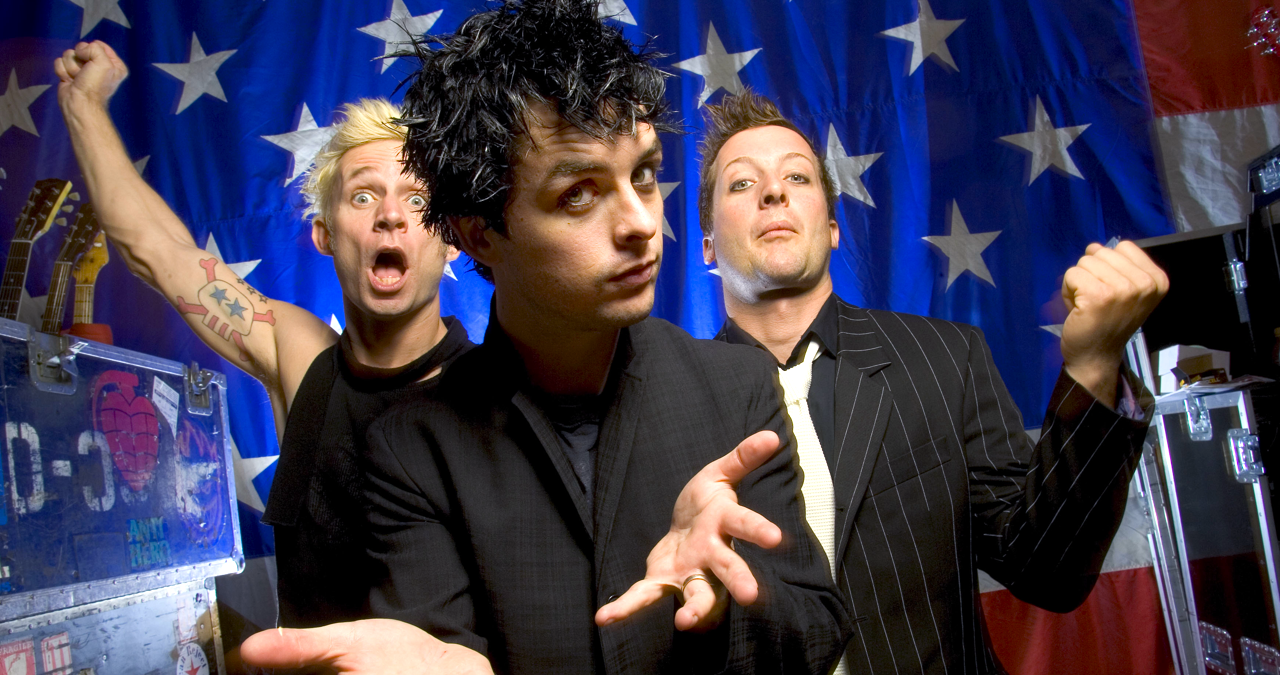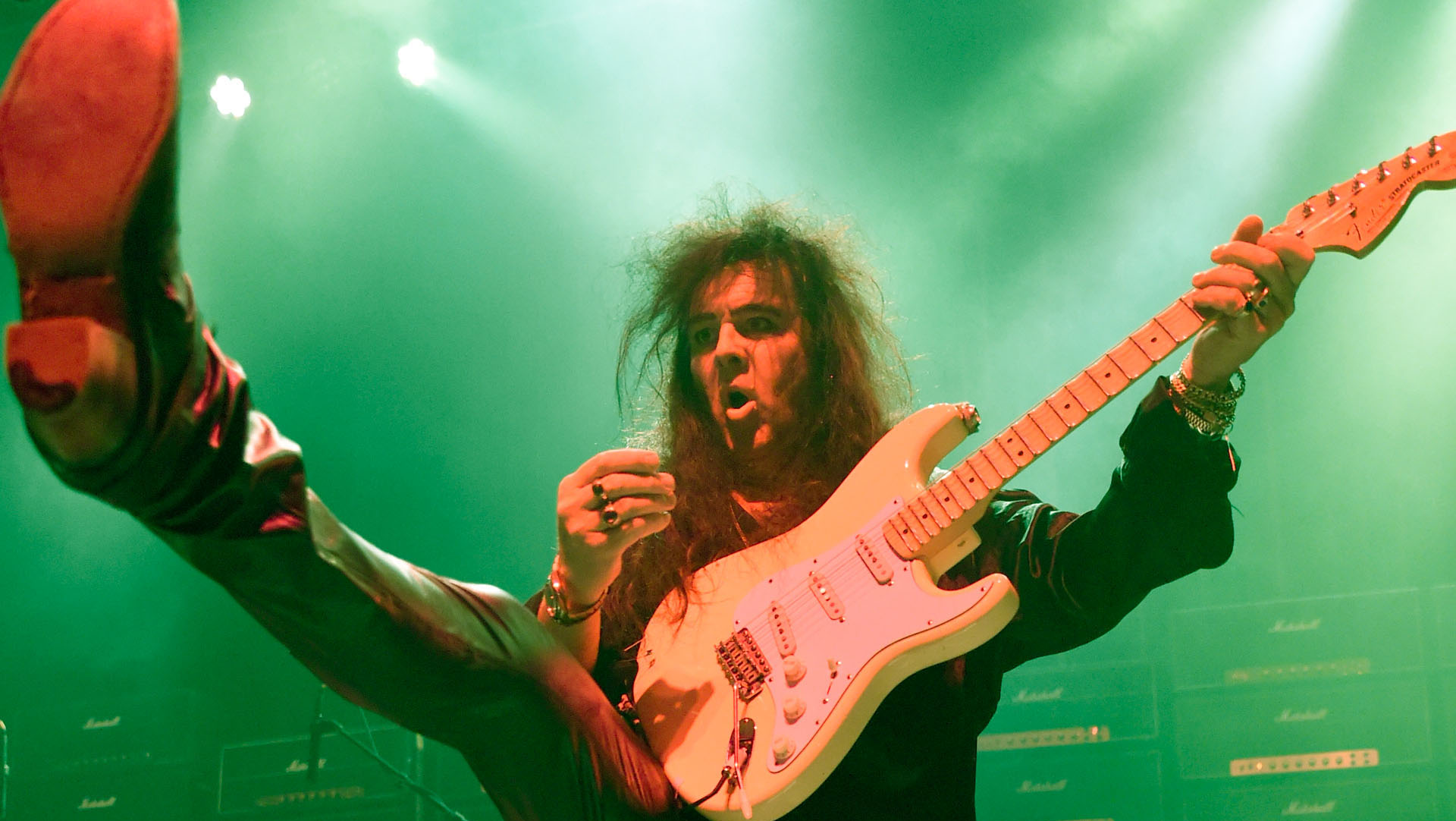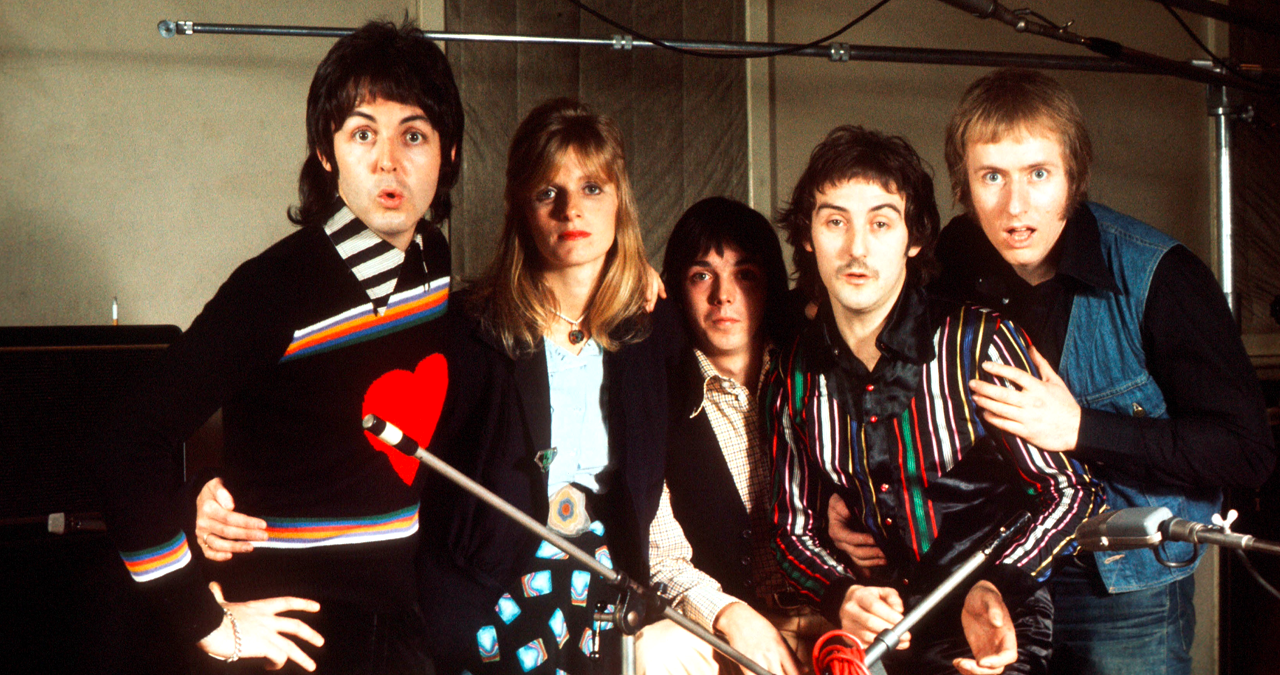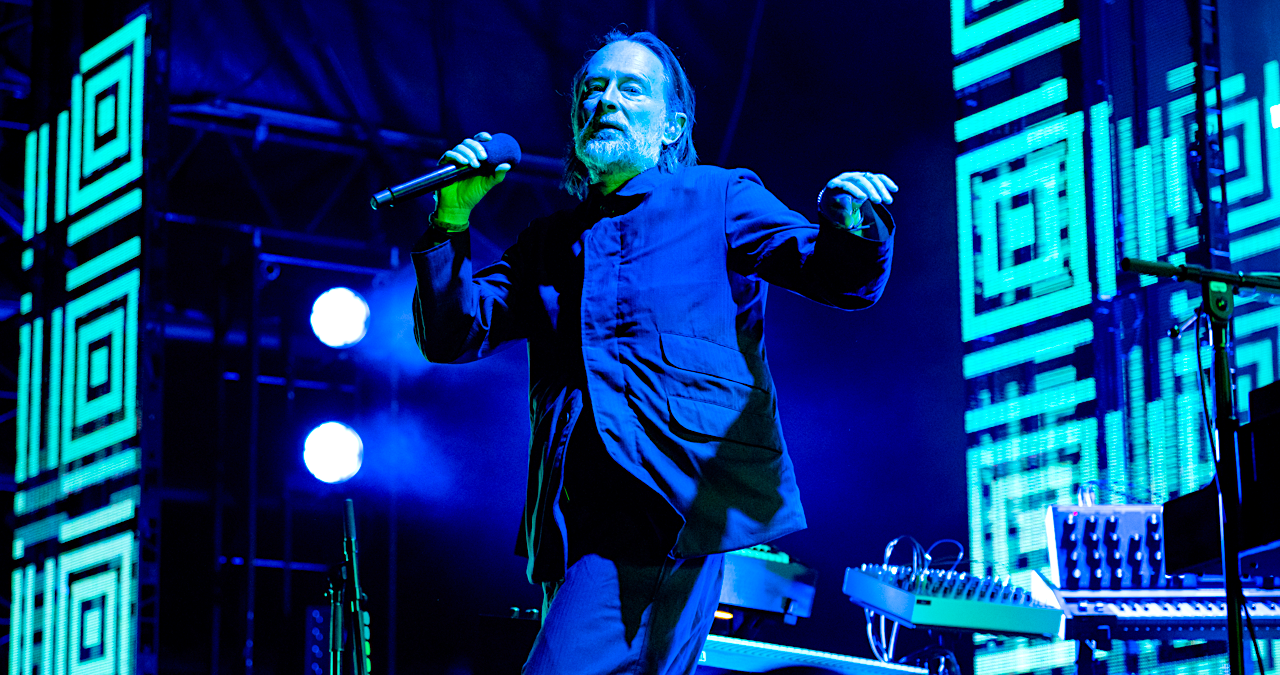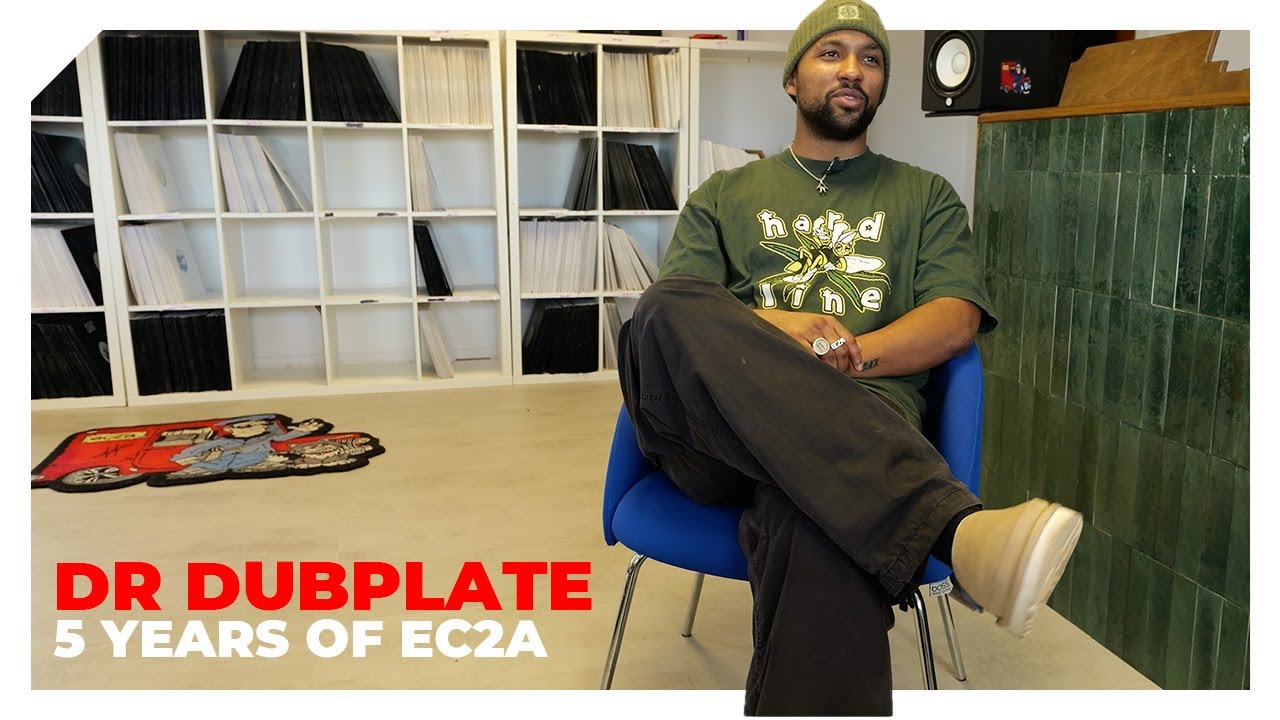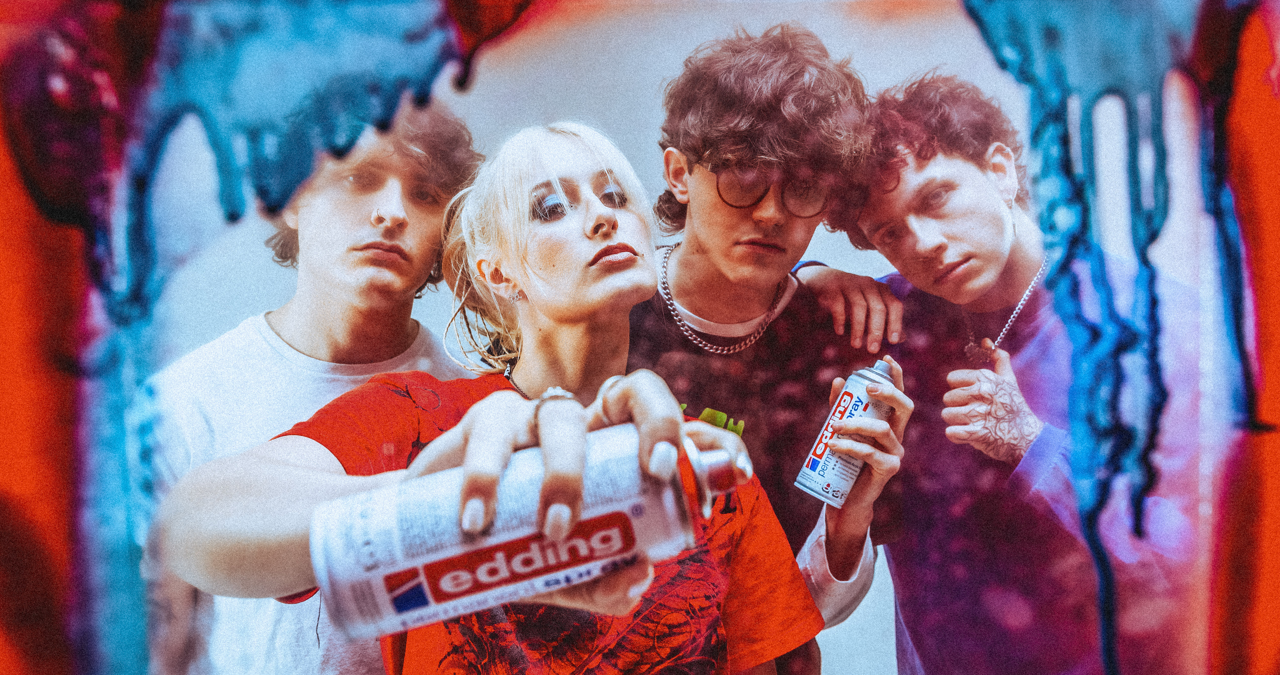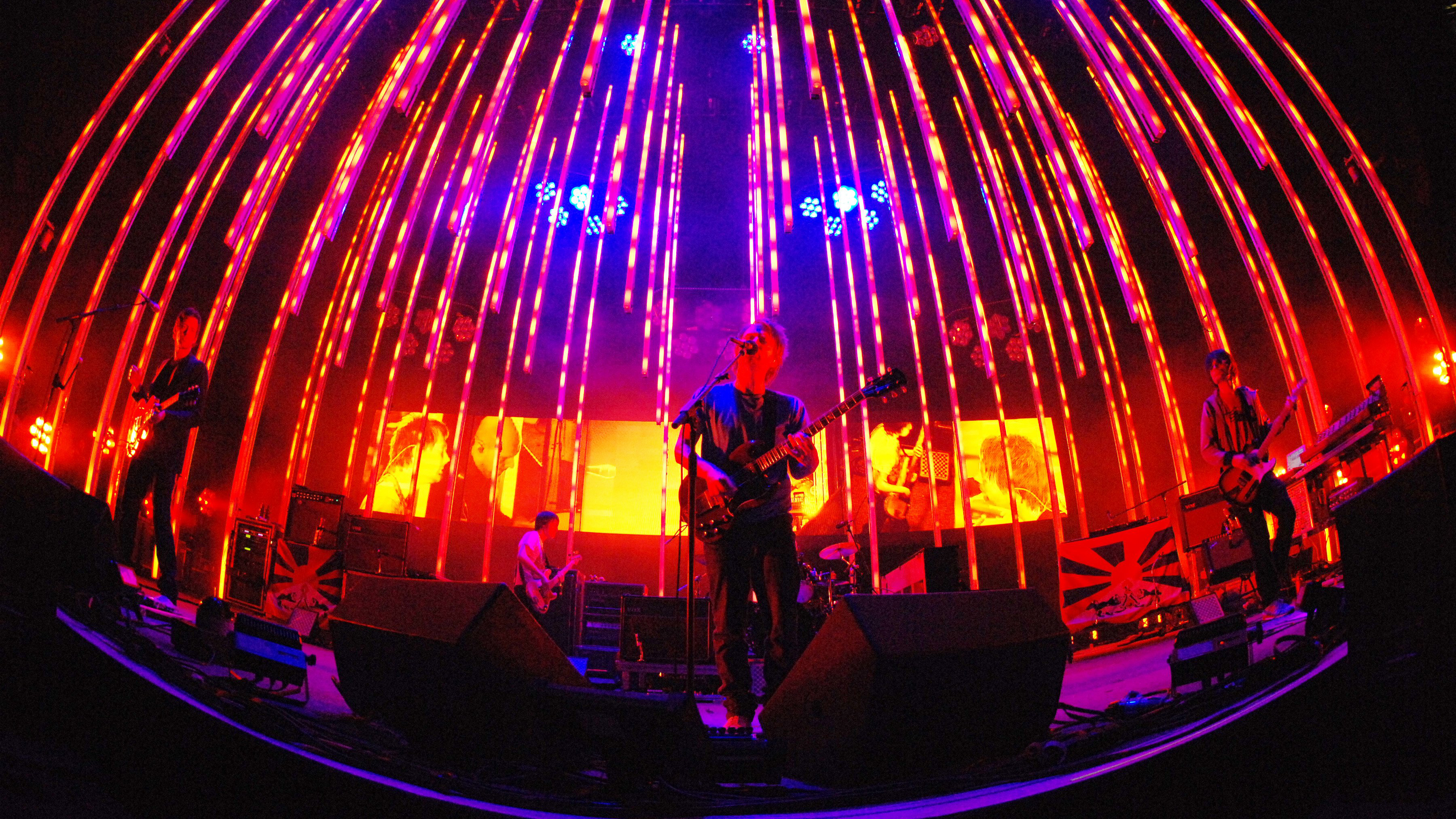“And then, out of nowhere, this crazy boy just started singing this song”: How Elvis Presley spontaneously altered the course of music history
After just one impromptu performance, the benchmark for Presley’s whole career was set - and the ears of a generation were listening

Rock music, as we understand it today, is quite tricky to actually define, especially when compared earliest incarnation, rock ‘n’ roll. Over the course of rock’s storied lifespan, what once was a distinct style of approaching a song has splintered into countless varying forms - from prog to punk, stadium to indie, country to metal. Rock has shaped cultural moments and dictated popular culture’s fashion choices, becoming far more than just another genre.
But the various different evolutionary shapes that rock music has taken over the decades can all trace their lineage back to one solitary figure. A perennially shy, 19 year-old truck driver - reaching for a guitar within a Memphis, Tennessee studio on a hot summer’s evening in 1954.
That young man’s spontaneous decision to knock out a frenzied rendition of a little-known blues song from 1946, would result in a single that fired up the engine for popular music's ascent over western culture. It was rock's Pandora’s box moment.
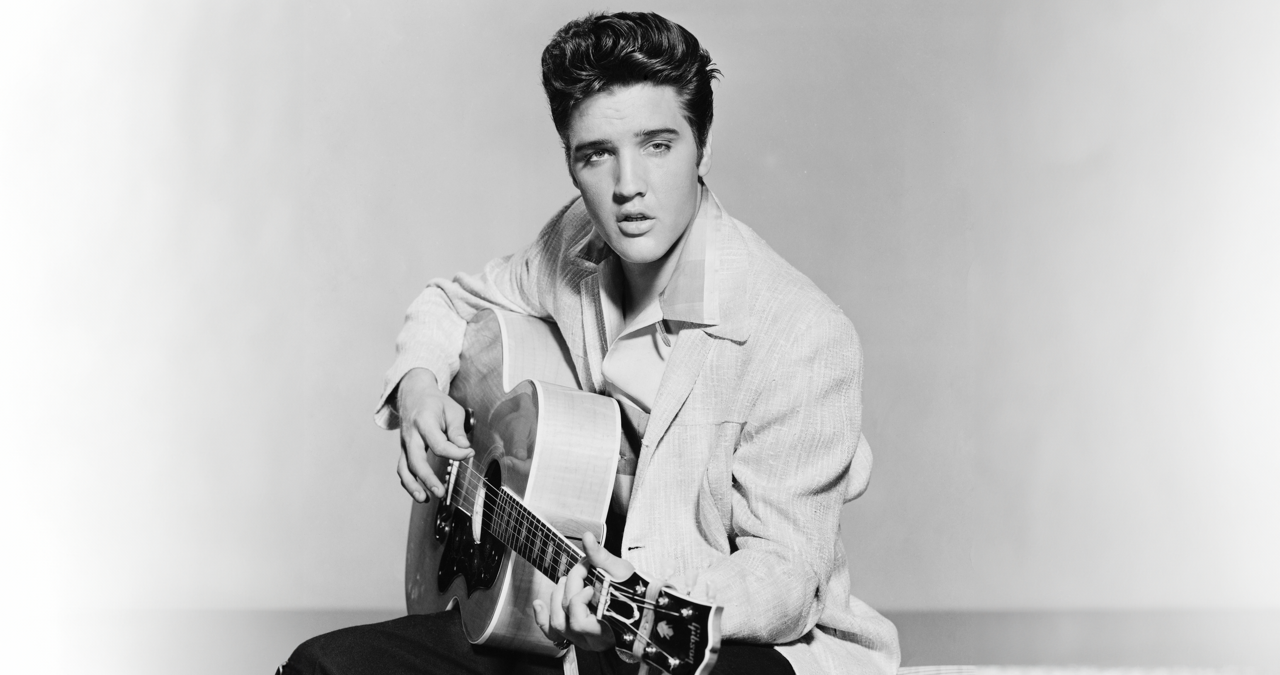
That 19 year-old was one Elvis Presley (you might have heard of him). Though the seeds of rock ‘n’ roll had already started to be sewn, via artists such as Fats Domino and Ike Turner, what Presley would unlock, that day, would take the world's ear.
Back in 1954, Elvis was in thrall to blues, rockabilly and R&B, and had started developing himself as a musician. He learned guitar from age 11, and begun to try and shape his voice.
In his late teens, while working full-time as a delivery truck driver for the Crown Electric Company, he booked some recording time at the Memphis Recording Service off his own back. By all accounts, this recording session was to record something of a novelty single to give to his mother as a birthday present.
Hearing some promise in the teenager’s sultry croon, Memphis radio stalwart and Recording Service producer Marion Keisker turned over the recordings to the company’s owner Sam Phillips. Sam, then in his mid-20s, also recognised something - as yet undefined - in the intuitively talented Presley.
Little did Phillips realise he’d just landed on the figure who would lift pop music into the very center of the cultural conversation - and, one day, be regarded as the outright king of its key genre.
Phillips recalled Presley for an audition at his - soon to be iconic - Sun Studios. “Elvis Presley probably innately was the most introverted person that came into that studio,” Phillips told Rolling Stone in 1986. “Because he didn't play with bands. He didn't go to this little club and pick and grin. All he did was sit with his guitar on the side of his bed at home. I don't think he even played on the front porch. So I had to try to establish a direction for him.”
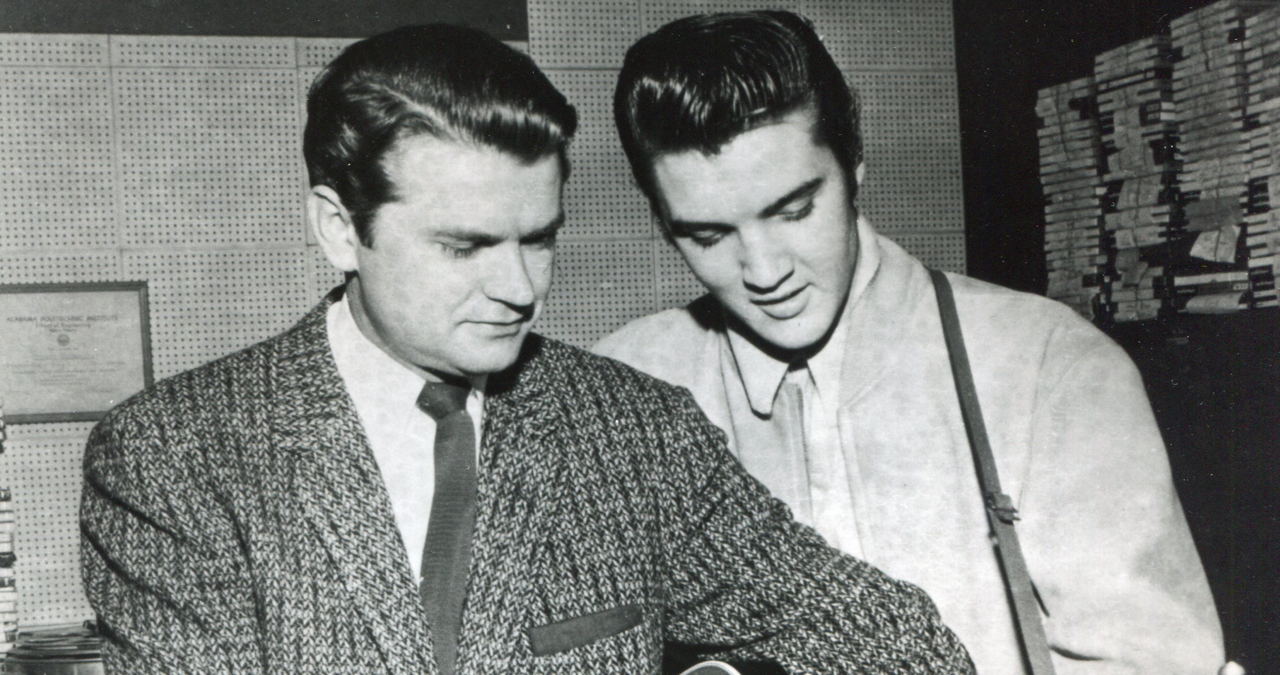
It was on the evening of Monday July 5th 1954 that music’s atom was split. Presley was summoned to Sun Studios to cut a few trial numbers alongside session guitarist Scotty Moore and string bassist Bill Black.
After running through a number of croon-able popular ballads and R&B songs, a lull in the long, stifling hot mid-summer studio session led Presley to - on a whim - demonstrate his penchant for blues (something that he’d purposefully kept close to his chest, for fear of ridicule).
Get the MusicRadar Newsletter
Want all the hottest music and gear news, reviews, deals, features and more, direct to your inbox? Sign up here.
Abrasively strumming an a A major chord, Presley launched into an assertive rendition of Arthur Crudup’s That’s All Right.
With an impassioned and assertive vocal that marked an explosive contrast to the gentle stylings he’d been deploying in the studio up until that point. Phillips - and Presley’s new band-mates’ jaws dropped.
As documented in Tony Plews’ ‘Walk A Lonely Street: Elvis Presley, Country Music & The True Story of Heartbreak Hotel’, it was this moment where everything changed. “The trio looked sheepishly at the producer, like children caught messing about by their father after lights out. ‘Ah, we're just fooling around, Mr Phillips,’ Elvis suggested, barely suppressing his stutter.”
Phillips however, was in no way aggravated by the pivot into this loose and invigorating blues cut - quite the opposite. As Sam told Rolling Stone, “I left the mikes open, and I think Elvis felt like, really, 'What the hell have I got to lose? I'm really gonna blow his head off, man'. And they cut down on That's All Right, and hell, man, they was just as instinctive as they could be.”
Plews’ account of the night continues, “Elvis clarified he was playing A, D and E chords, then suggested it might be nice to have a guitar solo after the second verse. Sam meanwhile was furiously cueing up the Ampex [tape machine], partly terrified that they'd be unable to recreate the magic in a formal take. Maybe he should have just recorded the jam. There was no time to set up the slapback: he needed to get this on tape now.”
After getting a suitably spirited take committed to tape, Sam recognised that within Elvis Presley, there was something hugely gifted - and hugely marketable. The future was envisioned, there and then.
Elvis and Phillips’ relationship was fixed. Sun Studios would be the place where, over the course of 18 months, some of rock ‘n’ roll’s most important records would be created.
Phillips made an acetate of that first recording, and immediately took it to Memphis DJ Dewey Phillips who was similarly enraptured.
Two nights later, it was played on air as part of Dewey's ‘Red, Hot, and Blue’ show. The response to the song was unprecedented. “All hell broke loose. People were calling that station, and it really actually surprised me, because I knew nobody knew Elvis,” Phillips told Rolling Stone. “Elvis just didn't have friends, didn't have a bunch of guys he ran with or anything, you know? Anyway, it was just fantastic. To my knowledge, there weren't any adverse calls.”
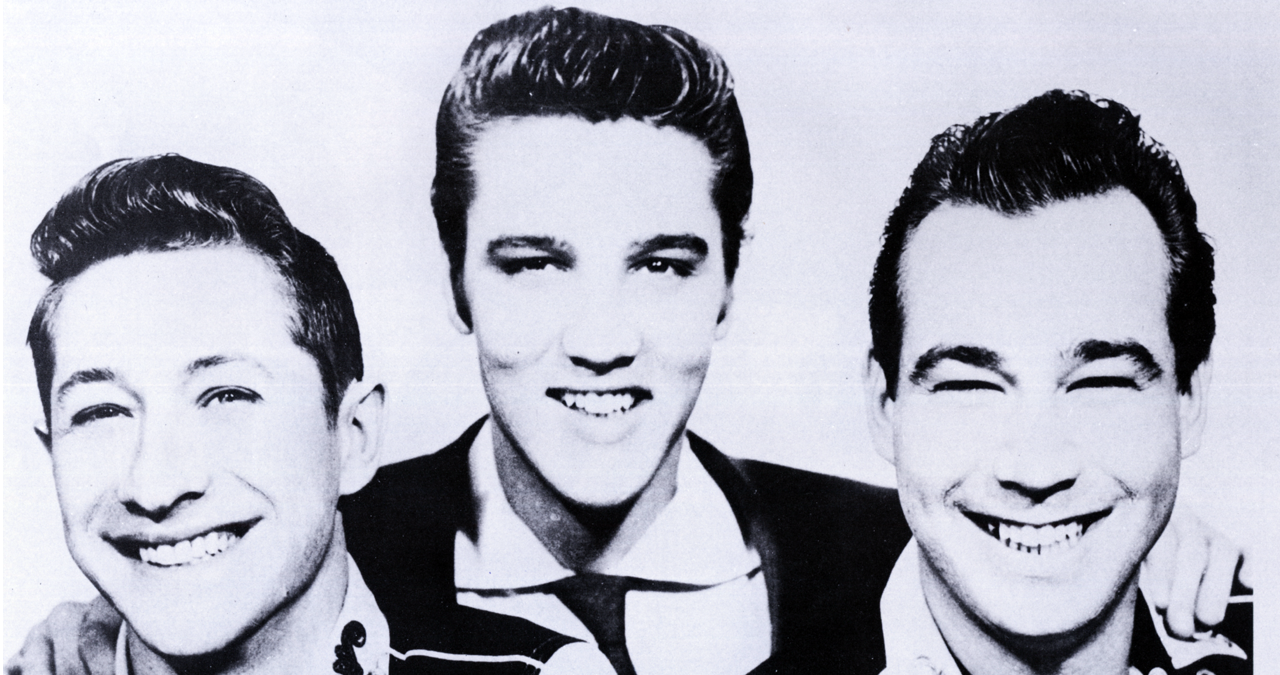
The group's tight arrangement of that's All Right - and its rockabilly B-side, Blue Moon of Kentucky - married the disparate styles that Elvis was consumed by. With a focus on rolling rhythmic momentum (albeit, maintained only with guitar - there were no drums on the recording), and Presley’s lively vocal, the result was something characterful and captivating.
It didn't harm matters that Presley was gifted with natural good looks, catching the eye of many teenagers. Some fell instantly in love with the mercurial performer, while others' felt their emotions stir when, via Presley, they heard the call of rock ‘n’ roll for the first time in their lives.
Another crucial fact to point out is how, from an instrumental point of view, the success of this song underlined the centrality of the guitar (and the influence of its blues precursors) to rock 'n' roll. Previous exponents of the genre had all hinged their music on piano. As a result, guitar wast established firmly as rock's key instrument.
Guitar proved to be a far more affordable instrument, and its ramshackle use by Elvis would help to democratise the idea of teenage rebellion via music. Anyone could do it - all you needed was a cheap guitar and the right attitude.
It also freed up Elvis to get his hips going on stage…
From that point on, Elvis Presley’s path to becoming the king of rock ‘n’ roll was set. The single (backed with Blue Moon of Kentucky) was released on July 19th - a scant 14 days after the recording. It garnered a sesimic response within the local area. To use modern parlance - Presley went viral. The world would soon catch on.
Phillips continued to push Elvis, and over the course of five singles would help to shape Presley as a versatile artist - with a rebellious, tempestuous fire underpinning his voice and increasingly dynamic performance style. Though colossal global stardom awaited, many still point to Presley's initial Sun-era as his most significant - and his most extraordinary.
By 1956, Phillips and Presley had parted ways, and the latter was solidly established as a household name across the globe.
Elvis was the figurehead of insurgent rock ‘n’ roll, influencing many kids across the globe to grab a guitar (or get behind a drum-kit) with the conviction that they too could be propelled into a similar level of stardom, just like Presley had.
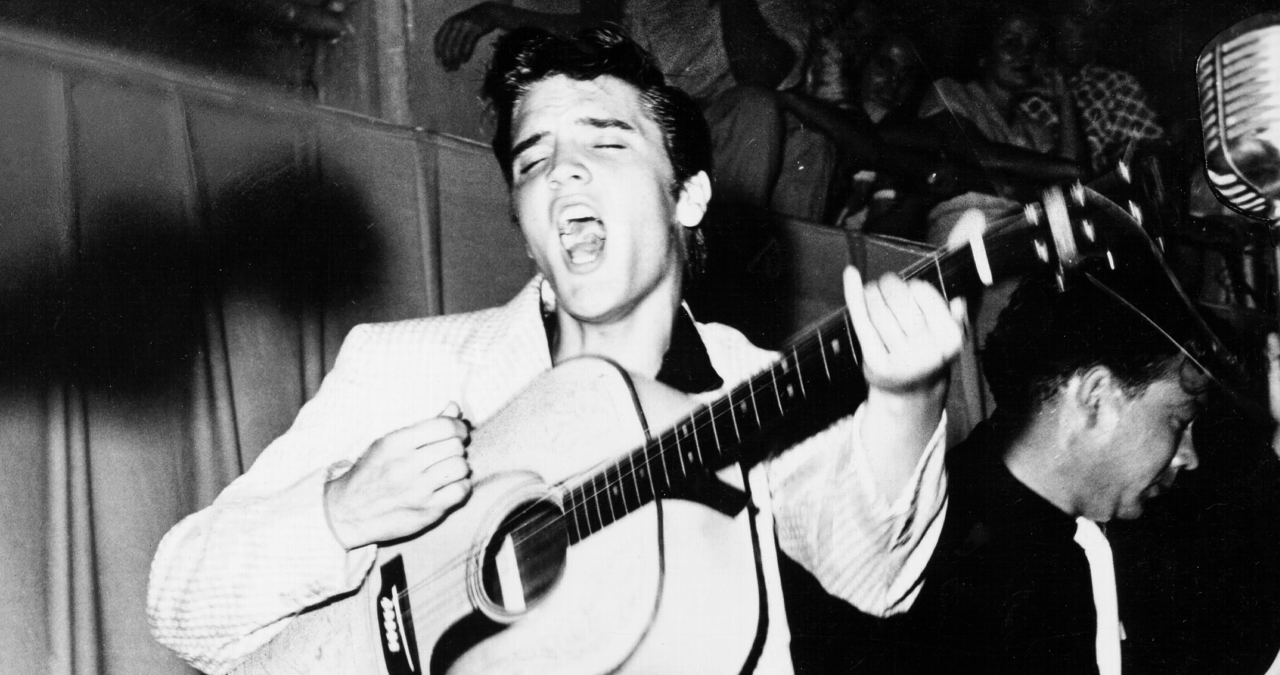
Tony Plews, in Walk A Lonely Street, sums up the epoch-making moment best; “The following morning, Sam, Scotty and Bill would all tell the same tale to their wives over breakfast ‘... and then, out of nowhere, this crazy boy just started singing this song.’”
It’s hard to overstate Presley’s impact upon popular music. "Without Elvis, none of us would have made it,” said fellow ‘50s rock ‘n’ roll pioneer, Buddy Holly, while Elton John re-iterated Presley’s all-encompassing effect on the development of popular music years later; "Ask anyone. If it hadn't been for Elvis, I don't know where popular music would be. He was the one that started it all off, and he was definitely the start of it for me."
Perhaps the only rivals to Elvis’s stature as the leading icon(s) in pop music’s history, were extremely open about their perception of Presley. “Without Elvis, there would be no Beatles,” stated John Lennon in 1980.
Not a bad audition, then, for a chronically shy, 19 year-old truck driver from Memphis.

I'm the Music-Making Editor of MusicRadar, and I am keen to explore the stories that affect all music-makers - whether they're just starting or are at an advanced level. I write, commission and edit content around the wider world of music creation, as well as penning deep-dives into the essentials of production, genre and theory. As the former editor of Computer Music, I aim to bring the same knowledge and experience that underpinned that magazine to the editorial I write, but I'm very eager to engage with new and emerging writers to cover the topics that resonate with them. My career has included editing MusicTech magazine and website, consulting on SEO/editorial practice and writing about music-making and listening for titles such as NME, Classic Pop, Audio Media International, Guitar.com and Uncut. When I'm not writing about music, I'm making it. I release tracks under the name ALP.
You must confirm your public display name before commenting
Please logout and then login again, you will then be prompted to enter your display name.

